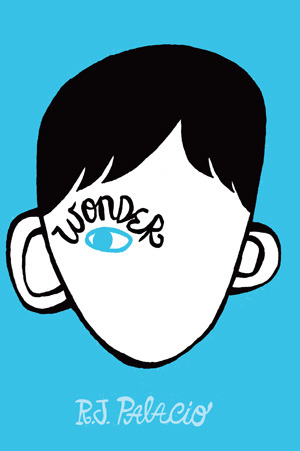 |
| My students and I are celebrating our reading for this year |
Rather than writing a manifesto on why setting aside time in class to give students choice in what they read is important (which I have done many times before), I thought I'd let you hear directly from my students...
Lauren K:
My reading preferences changed this year because I used to not know what kind of books I liked . Now I know my favorite types of books are historical fiction.
Elizabeth Z:
 |
| My reading life poster looking rather worn out |
I hated reading. I would never read. Now I love reading. I think it is one of the best things in the world. Also one of the most important. I hated fantasy and I would not go near the Harry Potter series with a ten foot pole. My dad wanted me to read them forever. Then Mrs. Shaum assigned Harry Potter as a lit circle book. Now I love fantasy!
(Side note: in a reading conference with Elizabeth, she told me that she thought her dad had talked to me and that's why she was assigned Harry Potter as a lit circle book. I knew nothing of her dislike for the series other than the fact that most kids I assign this book to are in the same boat I was: wanted NOTHING to do with the series, were coaxed into it, and then ended up loving it.)
Vicky S:
Now instead of reading before bed, I read at the dentist, doctor, in the car, instead of watching TV, in my room when I'm punished (most of the time) AND before bed.
Nicole S:
Mrs. Shaum got me to read (well listen to) The Hunger Games and she got me to really like authors I have never even heard of: John Green, Christopher Healy, Ruta Sepetys, and especially RJ Palacio. She also got me and my mom to have reading competitions.
Mickey K:
My reading habits have not changed very much. I still read often at home. My preference for books changed when Mrs. Shaum came back from NCTE with a bunch of books and did book talks on them. Another time they changed was when our classmates did book talks.
Grace R:
My reading habits have changed over the year. I am now reading young adult books. Last year I was reading books below my grade level. I'm glad I'm reading more. Young adult books give me ideas for stories too.
Bea B:
When I started I really only liked realistic fiction and mystery. Now I have grown to like fantasy and historical fiction. I also used to only read when I was told to. Now I read whenever I have the chance.
What these students have to say show exactly why lower test scores don't always equate to lack of progress:
Maria H:
My reading rate went down but I can explain. I'm reading a biography that's a very tall book with small text. The other books I read were shorter and even bigger text. I probably would have done better if I read the same book from my last encounter of doing reading rate.
Tommy S:
Throughout the year my reading rate went down. I was reading harder books. I also started to think about the words more so I understand all of the story.
My reading habits have changed because during the summer I used to read every morning. Now I read whenever I can, which is never in the morning. I used to absolutely only read fantasy, but now I also read some realistic fiction and historical fiction. Not to mention mystery and classics.






